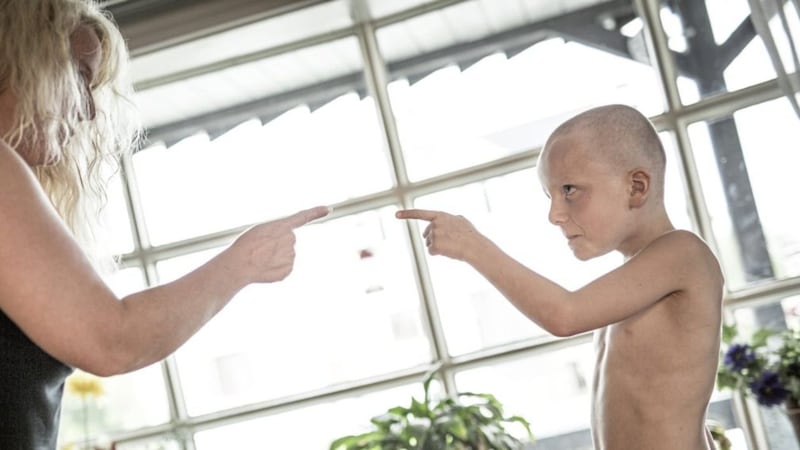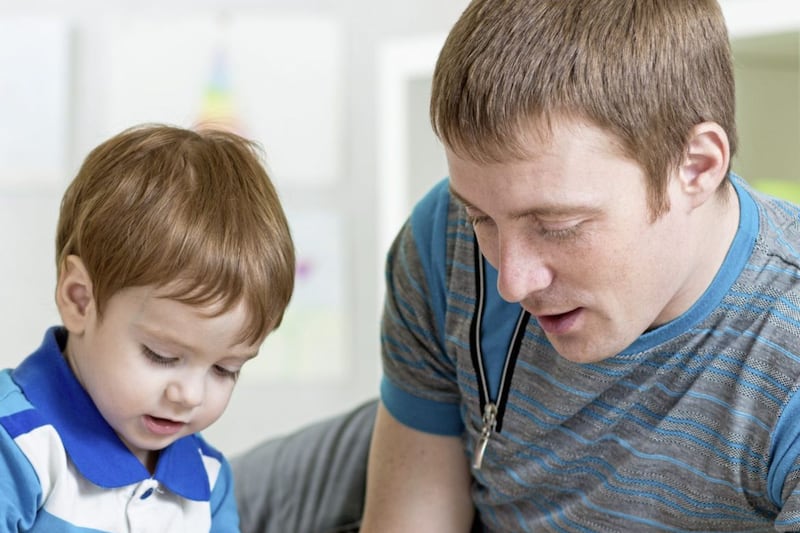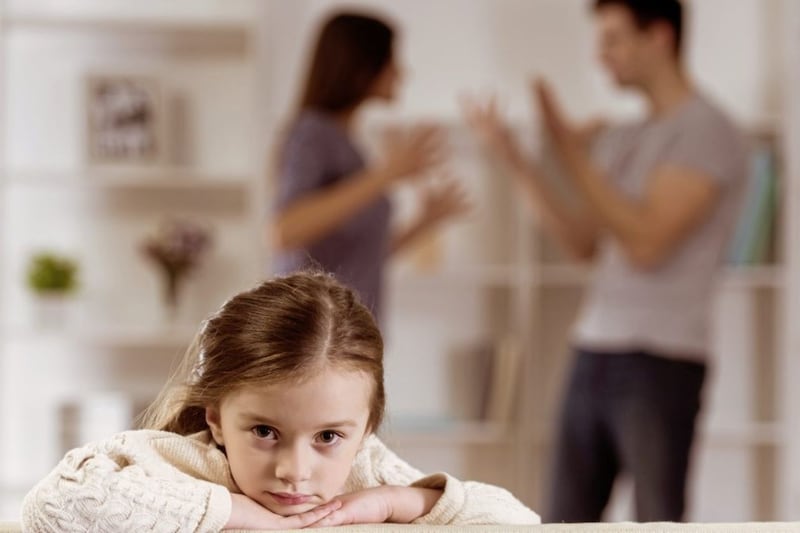PARENTING is never easy. But how would you respond if your child grabbed a kitchen knife and threatened to harm you or their brother or sister?
Sadly child-to-parent violence – whether physical, verbal or manipulative – is an all-too-regular occurrence in homes across Northern Ireland.
"Child-to-parent violence is a massive, massive, problem here. We are only reaching the tip of the iceberg," says Shirley Millar of parental support charity Parenting NI.
While no official statistics are gathered in the north on child-to-parent violence, Parenting NI has had an increasing number of parents contact them seeking help about aggressive or violent behaviour by their children towards them.
Child-to-parent violence is an abuse of power through which a child or adolescent attempts to coerce, control or dominate others in the family. This can range from physical violence, where a younger child hits or kicks a parent, through to manipulative behaviour where they threaten to kill or harm them, themselves or a sibling.
"Child-to-parent violence is still very much a taboo subject. The issue is where domestic violence was 30 years ago, where nobody talked about it and there was a shame surrounding it,” adds Shirley, who this autumn will be facilitating two eight-week courses aimed at providing parents with the skills to achieve a calmer and violence-free home.
The Parents Walking on Eggshells programme is particularly suited to parents of children aged eight-16 years. It uses principles of non-violent resistance to help parents experiencing child-to-parent violence overcome their sense of helplessness, develop a support network, stop destructive behaviours inside the home and improve relationships.
"There are lots of different levels of violent behaviour and much of it will be manipulative, rather than physical. It does seem that young people know when a parent is stressed and know how to push the right button," Shirley says.
"Then you are into a pattern of behaviour and either the parent reacts and the threats or violence escalates, or the parent can withdraw and lets the child do or get what they want because they can't cope.
"The focus of the programme is changing the parent's response, which will in turn change the child's behaviour. When something is kicking off with a young person, your stress levels are through the roof and you don't even think about how you react – you just react.
"We want parents to have strategies in place so that when that violence happens they can stop and think about what they can do and thus, in time, rebuild that relationship with their child," she explains.
One of the devastating consequences of child-to-parent violence on family relationships is that almost all interactions between parent and child become negative and filled with hostile intent.
Shirley stresses that "the problem is the problem – not the child", and the importance of the parent putting in place a support network before taking the step of telling their child that violence will no longer be tolerated in their home.
Most abused parents have difficulty admitting, even to themselves, that their child is abusive. They feel ashamed, disappointed and humiliated. There is also an element of denial, where parents convince themselves that their son or daughter’s behaviour is part of normal adolescent conduct or that they are to blame for the behaviour their child is displaying.
"Breaking the silence is a massive thing, because many parents feel guilty that their own behaviour prompted their child to behave like they do, giving reasons such as they went back to work, they didn’t go back to work, they had a divorce or even because they had postnatal depression. But in the vast majority of cases, the violence has just become a pattern of behaviour that the young person has tried it and it has worked."
So what can parents do to overcoming a sense of helplessness when in a conflict with their child?
As well as identifying the right people to support your family – such as grandparents, uncles or teachers – Shirley stresses it’s important that you ask for support in the correct way.
"You don't tell Grandad to look after your son because he's a bad boy who takes after his daddy and you can't control him," Shirley says. The key is to talk to grandparents or other supportive relatives "about the issues" and to "ask them to support you and the young person in helping to change your home environment".
The Walking on Eggshells programme aims to empower parents and recover their sense of self and authority.
"One of the underlying messages of the programme is communicating that you are the parent, that you care for and love them, but you need to make changes. As with toddlers, violent children and young people need to be told 'I don't like your behaviour', rather than 'I don't like you'."
Parents also need to learn to stand their own ground and not give in to their child’s demands, such as offer their teenager a lift to a friend's house after they have been violent towards their mum or dad. Equally they need to do things they have been forbidden to do by their child – which can include something as simple as not being allowed to sit at a particular seat at the dinner table.
"The bottom line is you are the parent. You need to try and see your child’s point of view and understand their needs, but you must be in control."
Depending on the age and maturity of the child, Shirley also recommends, at times of calm, to involve young people in setting house rules and discipline.
“If children and young people are involved in that there is a much better likelihood they will actually stick to it. And we often find the child will put in place much tougher consequences for themselves than the parent will.”
:: Parents Walking on Eggshells starts in Belfast on September 26 and in Strabane on October 12. For further information and to book a place call the Parenting NI helpline on 0808 8010 722 or visit parentingni.org








